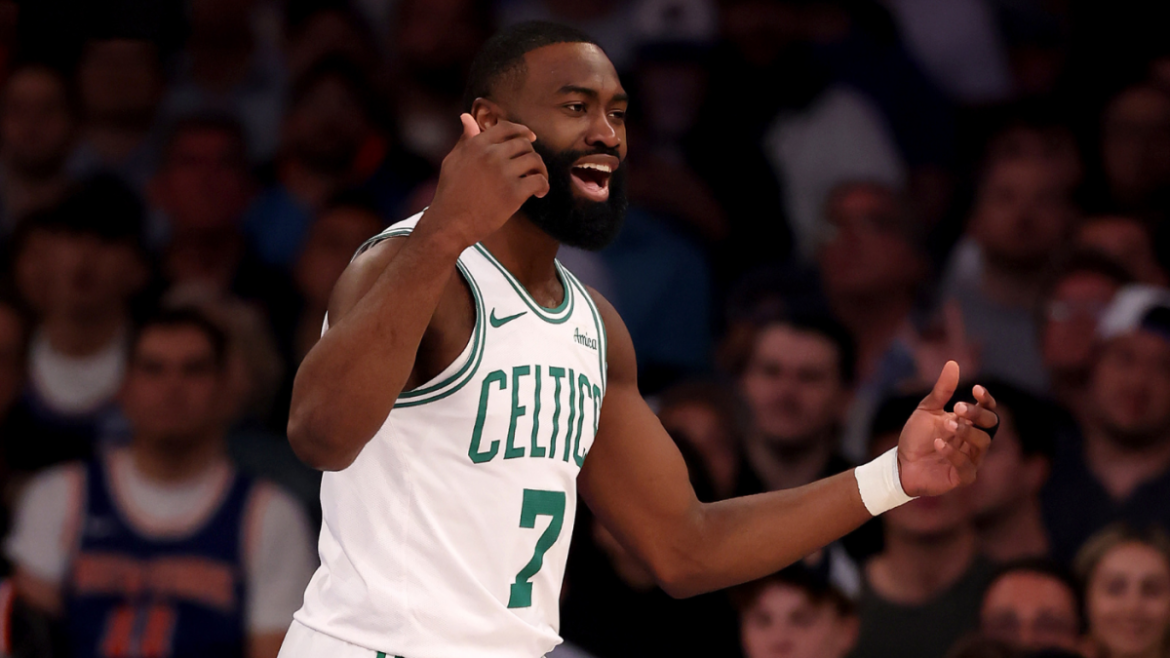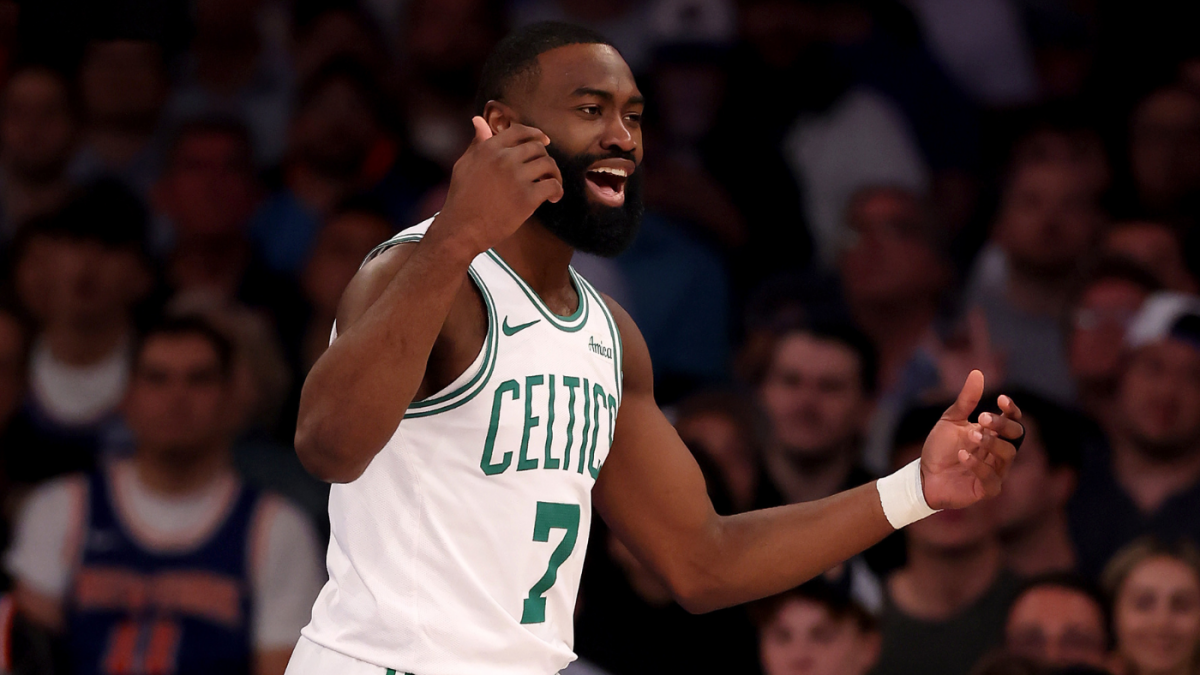The Boston Celtics’ 2025 Playoff Elimination: An Ongoing NBA Championship Paradox
The Boston Celtics’ recent elimination from the 2025 NBA playoffs at the hands of the New York Knicks underscores an emerging and perplexing trend in the league: defending NBA champions failing to progress beyond the second round over multiple seasons. This analysis explores the dynamics of the Celtics-Knicks series, key performances, strategic breakdowns, and the broader implications for defending champions in today’s NBA landscape.
—
A Streak of Disappointments: Defending Champs and Early Exits
The Celtics’ loss to the Knicks, sealed with a lopsided 119-81 defeat in Game 6 at Madison Square Garden, marks yet another season where the reigning NBA champion has faltered prematurely. Since the Golden State Warriors’ run to the Finals in 2019, no defending champion has advanced past the conference semifinals—a marker of increasing difficulty in retaining the title amidst heightened competition and evolving play styles.
Boston’s exit extends this pattern to six straight years, highlighting the challenges inhering in playoff defenses despite roster continuity and prior success. The staggering 38-point margin of defeat in Game 6 stands as the largest ever for a defending champion facing elimination and is notably among the Celtics’ most crushing playoff losses historically.
—
The Knicks’ Resilience and Clutch Performances
Central to the Knicks’ surprising dominance were repeated comebacks from double-digit deficits—twice overcoming 20-point holes in Games 1 and 2 alone. Jalen Brunson’s stellar clutch performances, including a near 40-point explosion with 12 assists in Game 4, have been pivotal. His ability to carry the offense in crunch time earned him recognition as Clutch Player of the Year and showcased the Knicks’ mental fortitude and strategic adaptability.
The Knicks consistently executed crucial plays on both ends, defying expectations and the typical narrative that defending champs hold a psychological edge. Their resilience was amplified by impactful contributions beyond Brunson, including key defensive strategies and critical steals, such as Mikal Bridges’ late-game disruption.
—
Celtics’ Struggles and Tactical Insights
While the Celtics initially appeared strong—building significant leads in early games and showcasing high-volume three-point shooting—their inability to sustain momentum was glaring. Blowing 20-point leads twice at home highlighted issues with in-game adjustments and mental lapses under pressure.
Injuries also played a role, notably Jayson Tatum’s late-game exit in Game 4 with a serious injury, impacting Boston’s offensive flow. The team leaned heavily on players like Derrick White, who delivered a 34-point outburst with seven three-pointers in a rare Game 5 victory to stave off elimination. Yet, these isolated performances were insufficient to counterbalance the Knicks’ composure.
A notable strategic concern for the Celtics was their defensive vulnerability to the Knicks’ transition and three-point shooting. Tom Thibodeau’s adjustments to bolster transition 3-point defense couldn’t fully counterbalance the Knicks’ offensive liberty, especially with Kristaps Porzingis battling an illness, further challenging Boston’s defensive cohesion.
—
The Broader NBA Narrative: The 3-Point Era and Playoff Parity
The Celtics-Knicks series highlights broader league trends shaping playoff dynamics. The prevalence of three-point shooting—Boston attempted 60 threes across key games—reflects an NBA era where perimeter efficiency is paramount. However, this also introduces volatility, as over-reliance on three-point barrage can lead to volatile leads that can evaporate swiftly, as Boston experienced.
The inability of defending champions to advance deep into the playoffs recently raises questions about the sustainability of championship rosters and strategies. Factors include increased parity, injury unpredictability, and perhaps an inherent “target on the back” phenomenon, where opponents elevate their play against reigning champions.
Moreover, the Knicks’ resilience illustrates the emergence of teams building around clutch performers and strong defensive identity, rather than sheer starpower dominance. This development adds complexity to playoff battles, forcing defending champs to evolve not only offensively but also in mental toughness and tactical flexibility.
—
Conclusion: A Challenge Beyond Talent
The 2025 Celtics’ playoff exit to the Knicks exemplifies the challenging landscape defending NBA champions navigate today. Despite talent, championship pedigree, and moments of brilliance, the Celtics fell victim to a Knicks squad embodying resilience, clutch performance, and opportunistic strategy. The ongoing pattern of defending champions stumbling beyond the second round suggests evolving competitive dynamics where past glory offers no guarantees.
For the Celtics, a critical review of game management, injury strategies, and defensive adaptability will be vital moving forward. For the NBA, the series offers a compelling narrative of unpredictability, the price of athletic excellence, and the relentless drive for supremacy in one of the world’s most competitive sporting arenas.





